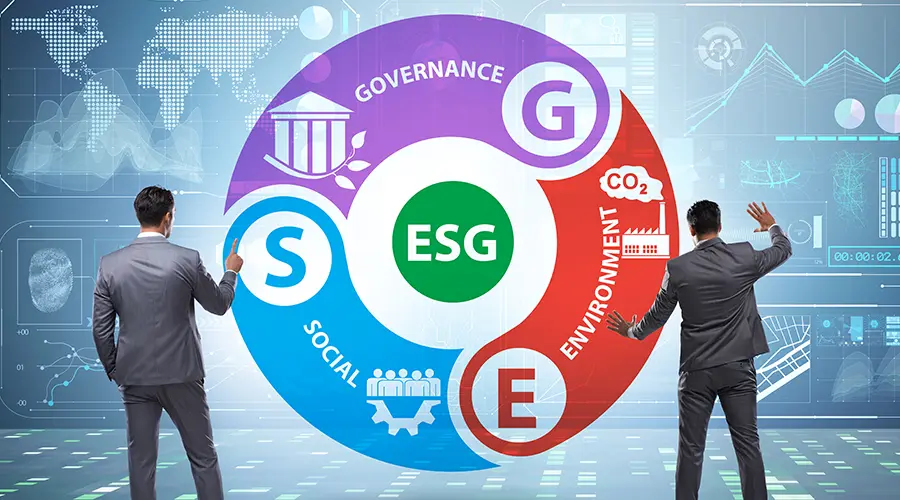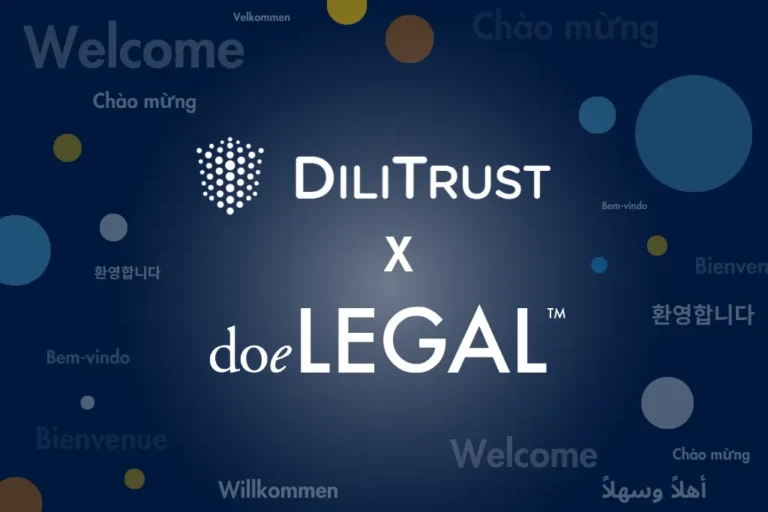It has been predicted that ESG assets will represent a third of the world’s assets under management by 2025. For the stakeholders that have spent decades elevating environmental, social and governance risks to the attention of the board, the increased focus on these important issues is welcome, and the accelerated adoption into capital markets has been very encouraging. But even as ESG continues to grow in its influence and mandatory disclosure announcements are being made by regulators, the practice is now receiving a fresh round of criticism and politicization. The consideration of social and environmental business impacts has always drawn criticism and skepticism, but as the practice evolves and the market continues to grow, the quality and authenticity of your ESG disclosure will differentiate you in an increasingly noisy space.

It is also important to acknowledge ESG’s limitations: disclosure alone is not a certification of sustainability or ethical behaviour, simply an indication of your performance against a limited set of financially material performance metrics. This certainly helps mitigate some of the world’s risks to the company but not a company’s potential risks to people and the planet. A company that aspires to be a truly sustainable operation should be looking at both effects in parallel and setting adaptation goals for long term success. Whether we are all still using the acronym ESG to describe this work in 10 years is irrelevant – but the underlying issues and your ability to demonstrate measurable impact regarding them will only become more relevant.
Work To Be Done in Canada
Whether you are updating an existing ESG strategy to be more impactful or just getting started, here are some important questions to be asking about how you act on some of Canada’s most pressing issues:
- Extreme weather causing catastrophic damage is more frequent in Canada.
- Do you have a climate change adaptation strategy in place to maintain business continuity and address long-term sustainability?
- Indigenous reconciliation needs action from business.
- How has your company responded to the Truth and Reconciliation report’s call to action for business?
- Diverse representation in leadership is lacking, especially for women of colour.
- Are you creating opportunities in your board development and succession planning?
- Canadian waste output is high.
- How are your products and services addressing waste reduction and circular material reuse opportunities?
- Equity, Diversity, and Inclusion commitments are needed.
- Has your leadership team put a plan in place to address systemic racism?
- Governance of ESG
- Does the current board have the knowledge and the composition to oversee ESG strategically?

A Call to Action for General Counsel and Directors
Your leadership matters. ESG needs more of a focus on governance for the work to be truly impactful, and by making social and environmental goals a part of your culture and strategy, they will create significantly more value for the company and the community.
But for this work to survive leadership changes and today’s competing priorities, it needs to be protected in policy, reflected in procedure, measured by management, and monitored by the board.
How you spend the most experienced years of your career matters, and you have a unique opportunity as a leader to make your company more resilient and deliver a measurable return for society. Without the necessary board oversight and attention to detail from the general counsel, your organization will struggle to address climate risks and social inequalities meaningfully. And the ESG governance decisions you make today will have a lasting impact on the people and the environment your company relies on to thrive tomorrow.
Help Canadian companies develop an authentic ESG practice and take a leadership position on the environmental and social justice issues where your team can have the greatest impact.
BY: Steven Fish, Independent ESG Advisor
? This content may also be of interest to you:.


